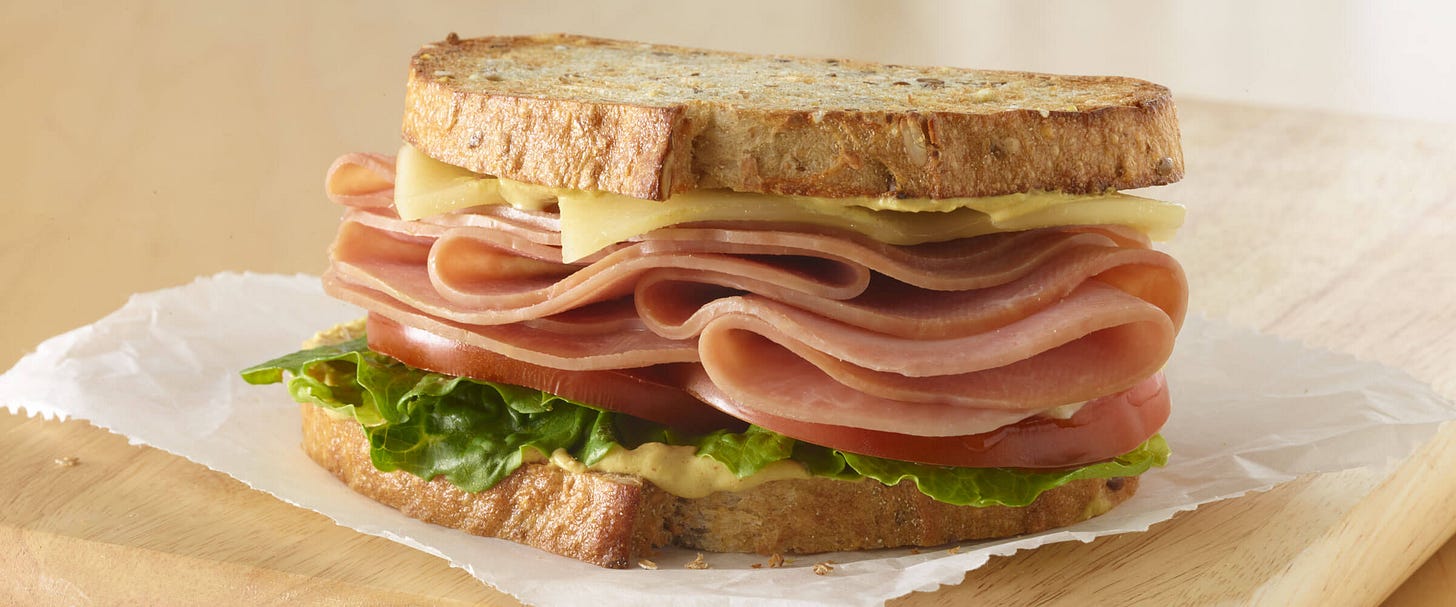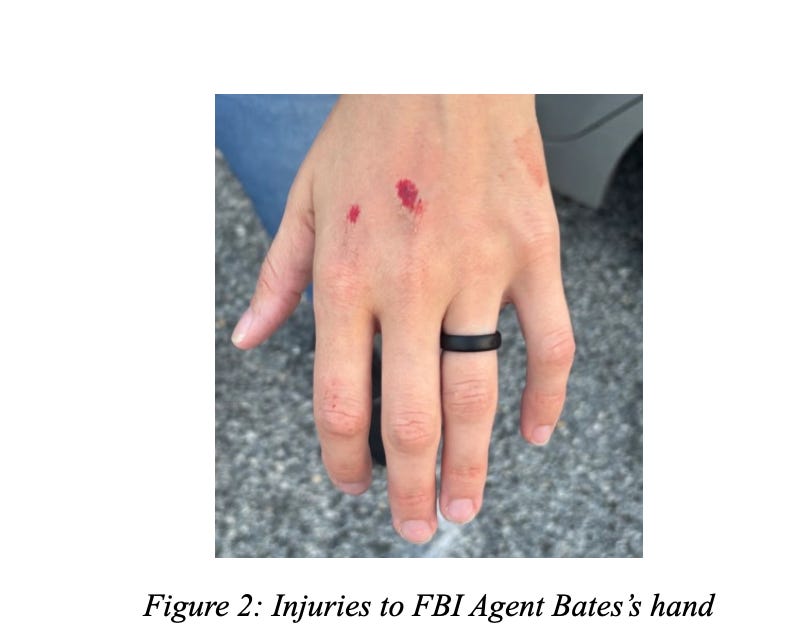A New Unexpected Check on Trump's Abuse of Power: Grand Juries
Generally , no felony prosecution can go forward unless there is either an indictment by a Grand Jury or a finding by a judge that there is probable cause to move forward. It is common lore among criminal defense lawyers that Grand Juries—designed in common law as a check on government power—are largely a rubberstamp for prosecutors. New York Chief Judge Sol Wachtler once famously said “A grand jury would indict a ham sandwich” , and the statistics bear him out: From October 2009 to September 2010 (the last period for which we have statistics), Grand Juries refused to indict in federal cases only 11 time (out of 193,000 cases).
This makes it surprising therefore that Grand Juries in Washington, D.C. are refusing requests by U.S. Attorney Pirro to issue indictments in cases resulting from Trump’s federal takeover of local enforcement. Perhaps the most notable example is the refusal of a Grand Jury on Tuesday to indict Sean Charles Dunn, the “sandwich” guy that Pirro wanted to charge on felony count of assaulting, resisting or impeding a federal officer after he threw a sandwich at a police officer.
Apparently a Grand Jury would have indicted the sandwich, but not the guy who threw it.
In another case, a Grand Jury refused three times to indict a D.C. women who was accused of assaulting an FBI agent, most likely because the case was remarkably weak:
Prosecutors alleged that Sydney Reid was obstructing and recording agents from the FBI and U.S. Immigration and Customs Enforcement as they attempted to arrest a gang member being released from the D.C. jail who was slated for deportation. An FBI agent scraped her hand against a wall amid the fracas, and prosecutors planned to charge Reid with assaulting, resisting or impeding a federal officer, a felony offense punishable by up to eight years in prison.
(Why the FBI agent near the wall in the first place? According to the Government’s statement of facts, the FNI agent and other law enforcement officers had pushed the alleged perpetrator against the wall and the injuries occurred during the shove. Sounds almost like “The defendants face repeatedly hit the officers fist causing injury to the officer’s arm.” The picture of the resulting injuries was also likely less than compelling to the jury.)
These are not the only examples. Grand Juries in Los Angeles rejected indictments of people arrested for protesting immigration enforcement actions.
So what is going on? Is this jury nullification? Are left-leaning juries rejecting righteous cases?
I doubt that is the case. The problem stems clear cut over-charging by prosecutors. U.S. Attorney Pirro announced a new policy requiring that prosecutors pursue the toughest criminal charges possible for those arrested in the Trump DC crackdown. That has resulted in crimes that should be prosecuted as misdemeanors (such as the case rejected by the Grand Jury) being prosecuted as serious felonies as instead.
Grand Juries serve for months at a time and see it all—they quickly learn what merits prosecution as a felony, and what does not. They can distinguish between a someone who throws a punch and someone who throws a sandwich. Sadly, under the Pirro charging policy, prosecutors are not making this distinction and are grossly over charging defendants as a result.
Don’t get me wrong—even throwing something as innocuous as a sandwich against a police officer is unacceptable. But it does not deserve treatment as a felony subject to a lengthy prison sentence. Under the jury instructions for the crime that D.C. defendants were charged requires “an intentional threat or attempt to cause serious bodily injury.” I am stunned that prosecutors nonetheless charged both defendants with this serious crime. Throwing a sandwich was intended to cause serious bodily harm? Give me a break. The Grand Jury got this one right.
So hats off to the D.C. Grand Juries that are taking their important duties seriously.



